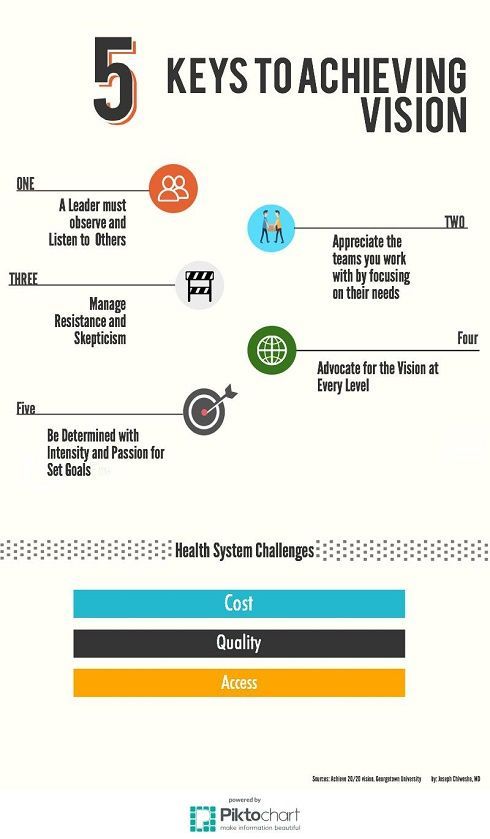- Revenue Cycle Management
- COVID-19
- Reimbursement
- Diabetes Awareness Month
- Risk Management
- Patient Retention
- Staffing
- Medical Economics® 100th Anniversary
- Coding and documentation
- Business of Endocrinology
- Telehealth
- Physicians Financial News
- Cybersecurity
- Cardiovascular Clinical Consult
- Locum Tenens, brought to you by LocumLife®
- Weight Management
- Business of Women's Health
- Practice Efficiency
- Finance and Wealth
- EHRs
- Remote Patient Monitoring
- Sponsored Webinars
- Medical Technology
- Billing and collections
- Acute Pain Management
- Exclusive Content
- Value-based Care
- Business of Pediatrics
- Concierge Medicine 2.0 by Castle Connolly Private Health Partners
- Practice Growth
- Concierge Medicine
- Business of Cardiology
- Implementing the Topcon Ocular Telehealth Platform
- Malpractice
- Influenza
- Sexual Health
- Chronic Conditions
- Technology
- Legal and Policy
- Money
- Opinion
- Vaccines
- Practice Management
- Patient Relations
- Careers
The 5 Keys to Achieving Vision for Healthcare Leaders
The five keys will help healthcare leaders develop a shared and unified vision to address the challenges of cost, access and quality.
Health system goals will remain unwavering in their continued focus around the aspects of controlling costs, improving access, and our overall quality of care.
Cost: Changing cost structures will be leveraged in hopes of achieving economies of scale that are believed to help in the management of a population's health more comprehensively and efficiently by going at risk. This will be a continued trend in driving towards value-based payment mechanisms.
What is meant by cost in healthcare? Strictly from a health economics basis, cost is the value of opportunity lost which is more commonly referred to as opportunity cost. This cost is not limited to the health service alone but all factors including alternative services and the effects on the patient. As US healthcare costs rise faster than inflation, this will continue to be a challenging issue.
Access: This speaks to the extent to which individuals are restricted or facilitated in their entry to and provision of needed services within the health system. The ability to improve relationships between hospitals and outpatient clinics leading to highly coordinated and integrated care that is delivered in LEAN oriented systems will aid in achievement of improved access.
Quality: In 1990, the Institute of Medicine defined quality of care as "the degree to which health services for individuals and populations increase the likelihood of desired health outcomes and are consistent with current professional knowledge." Still to this day, the value proposition to deliver the best possible care at the best possible price is at the heart of this.
These are challenging yet vitally important goals, so we have to ask ourselves, how does one prepare for the challenges and opportunities? One way to start preparing is through achieving a unified Vision:

